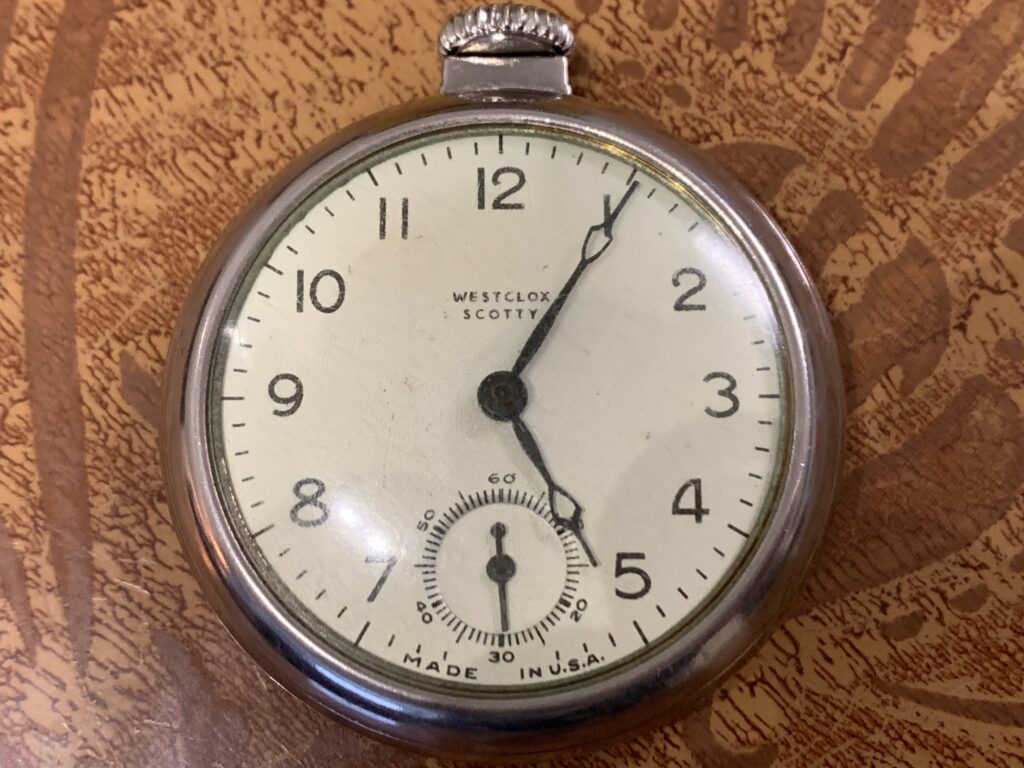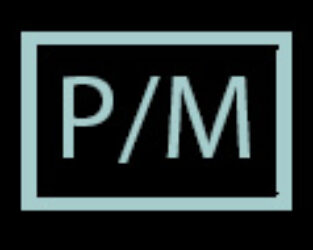
For many entrepreneurs, the concept of working overtime is a contradiction of terms. Some of us are seemingly always working. When 5:00 PM rolls around, we’re just getting started. If you’re a sole proprietor, chances are you’ve experienced this on a regular basis. We convince ourselves there’s always something to do and it’s always urgent. The problem is productivity.
We’ve all been guilty of approaching the workday from a quantity, rather than quality, standpoint. But how has that worked out for us? Do we continue to see positive results, or do we cross over into exhaustion and begin spinning our wheels? More often than not, it’s the latter. But convincing the self-employed to take a break and recharge can be nearly impossible. To some, time off seems like lost business or productivity. Sound familiar to you?
As entrepreneurs, we sometimes have to wear many hats. This is often out of economic necessity, or the result of limited personnel resources. It’s the “who else is going to do it” scenario. Over time, this can evolve into the “who else can do it better than me” syndrome. This can cause us to load up on tasks – easily filling an eight-plus hour day. But is that the most productive use of your time? As an example, let’s assume you value your time at $100 per hour – how much of your day is absorbed by tasks of a lesser value? You may want to ask yourself; what tasks can I delegate? What can I give to a vendor to free myself up for the true value I bring to my business? How can I be more productive AND strike a better balance between business and personal time? Yes – personal time . . . it’s actually a thing!
Being productive should be what we’re striving for. And productive hours are better than “more” hours. Productive hours find us at our most creative, clear-minded, and energetic selves. Those are the times when we’re doing our best work, effectively growing our businesses, and solving problems. Adding non-productive hours simply elongates the workday, adding stress, and robbing us of that ever-important personal time. Worse yet, non-productive hours can actually be counter-productive – putting us at risk of making costly mistakes.
Stoping the cycle of non-productiveness places us in a much better cycle. When we take a little time off, we’re more productive . . . and when we’re more productive, we feel a little better about taking time off! If I had a dime for every time this worked for me – I’d have a large pile of dimes. Conversely, if it cost me a dime every time I forgot that fact and pushed myself into a non-productive state . . . that pile of dimes would disappear.
So do yourself and your business a favor – resist the spell of overtime occasionally. Know when to step away to rest up, gain a new perspective, and resume with increased productivity.
Be well,
MP
